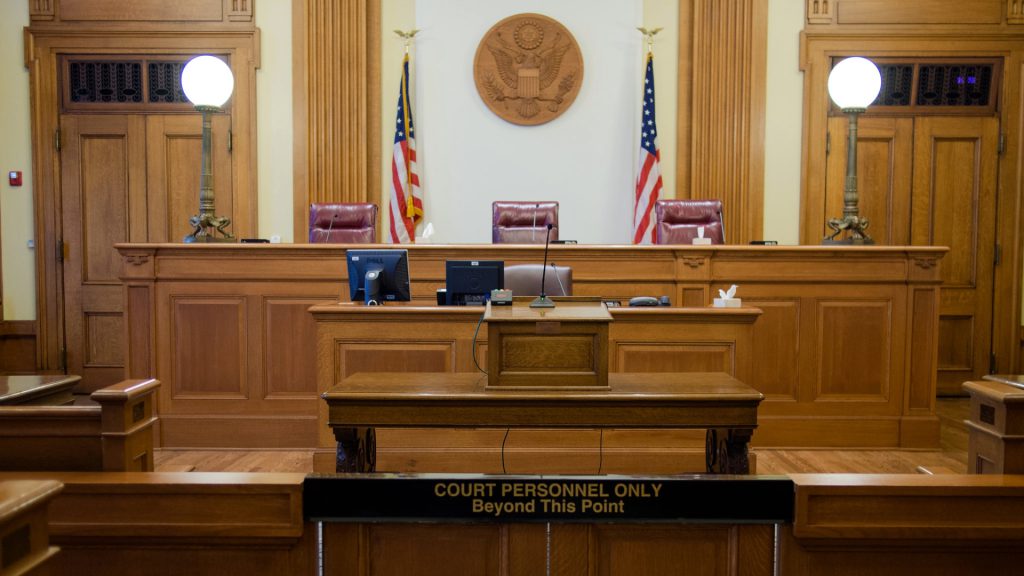Oklahoma teachers had recently gotten a payment that many say turned out to be a lifesaver. Unfortunately, they are now required to repay the amount they were given, making many of them feel neglected and unsure of their financial situation. Let’s see why this situation happened and what the state intends to do about it.
Bonuses Ranging from $15,000 to $50,000
The Oklahoma State Department of Education sent letters to teachers informing them that they had received the bonus money in error and demanding swift repayment.

The bonuses awarded to these teachers ranged from $15,000 to a staggering $50,000 each. Oklahoma teachers must provide materials for their students outside of what the state covers.
Demand for Repayment by End of February
Approximately nine teachers who received the funds have been ordered to return the bonuses by the end of February. The teachers are bewildered as to why the state would request these bonuses.

According to reports, a total of $185,000 was awarded to teachers who did not qualify for the bonuses at all. At the same time, an additional $105,000 was overpaid to those who qualified for lesser amounts.
Confusion Over Eligibility Criteria
The confusion stemmed from the Oklahoma State Department of Education’s errant payments to educators who applied for the bonuses last fall.

The program was designed to recruit teachers for hard-to-fill roles in Oklahoma schools by offering payment bonuses as incentives. However, the department admitted that staff members failed to vet the information provided by applicants properly.
A Lifeline for Struggling Teachers
For many teachers, the bonuses were a much-needed lifeline. Special education teacher Kristina Stadelman shared her story, revealing that she used the $50,000 bonus to make repairs around her house and put a down payment on a car.

Little did she know that she would soon be required to repay the entire amount, including taxes. For many teachers like her, this is a punch in the gut and shows them how little the state values their work.
Eligibility Criteria Misunderstood
Stadelman was notified that she was not qualified for the program because she had worked in an Oklahoma school district the previous year. Yet she still applied despite the fact that she didn’t qualify.

The program rules stipulated that teachers who had taught in an Oklahoma public school during the last school year were ineligible. Stadelman admitted to misunderstanding the instructions.
Blame Game and Emotional Toll
While Stadelman believes the mistake lies with the department, the government is demanding a full refund of $50,000 by the end of February, threatening to send the debt to a collection agency if she fails to comply.

The emotional toll has been immense, leaving Stadelman in tears and struggling to cope with the unexpected burden. Even after spending some of the money, the teacher will have to pay back the bonuses somehow.
Program Implementation Was a Mess
The program was implemented by State Superintendent of Public Instruction Ryan Walters. In a memo, Walters acknowledged that some errant payments were due to teachers misrepresenting their experience and qualifications.

He also blamed the press for fueling confusion by reporting on the issue without vital details on the contracts and auditing system.
Recruitment Success Amidst Controversy
Despite the controversy surrounding the erroneous payments, Walters claimed that the program recruited over 500 teachers to Oklahoma classrooms, highlighting its effectiveness in addressing teacher shortages.

Oklahoma has been suffering a teacher shortage for some time. The initiative was meant to represent that the state valued its teachers and wanted them to keep working for the state.
Calls for Accountability and Transparency
The debacle has raised concerns about accountability and transparency within the Oklahoma State Department of Education. With funds being distributed without proper background checks, there is an air of uncertainty.

Teachers and advocates call for a thorough investigation into the mishandling of funds and the implementation of measures to prevent similar incidents from occurring.
Impact on Teacher Morale and Retention
The demand for repayment has damaged teacher morale in Oklahoma, potentially exacerbating the state’s struggles with teacher retention.

The financial and emotional strain on educators and the perception of mismanagement could discourage talented professionals from pursuing or continuing careers in the state’s education system.
Legal Implications and Potential Lawsuits
While the department’s demand for repayment may be legally justified, some teachers are exploring their options for legal recourse. Potential lawsuits against the state for negligence or breach of contract could arise, further complicating the situation and draining resources from the already-strained education system.

The incident has underscored the need for clear communication, rigorous vetting processes, and effective oversight when implementing incentive programs or distributing funds to educators. Transparent policies and robust auditing systems are essential to ensure the responsible allocation of public resources and maintain public trust.
Lessons Learned and Moving Forward
As the fallout from the Oklahoma teacher bonus debacle continues, stakeholders in the state’s education system must learn from this experience and take proactive steps to prevent similar mishaps in the future.

Prioritizing clear communication, accountability, and responsible fund management will be crucial in restoring confidence and effectively supporting the state’s educators.
Addressing Teacher Shortages and Retention
Ultimately, the underlying issue of teacher shortages and retention in Oklahoma remains a pressing concern. Incentive programs can be valuable tools to keep teachers motivated.

However, they must be implemented with care and accompanied by broader initiatives to improve working conditions, compensation, and support for educators throughout the state.
A Call for Collaboration and Reform
The Oklahoma teacher bonus debacle serves as a wake-up call for all parties involved – policymakers, educators, and the public – to collaborate and work towards meaningful reforms that address the root causes of teacher shortages and create a sustainable, supportive environment for those dedicated to educating the state’s youth.

Teachers in some US states face a huge burden of delivering high-quality education while lacking the resources to do so. Oklahoma’s showing that it doesn’t care to verify information and then rolling back payments after the fact paints the opposite picture that the state would prefer was seen.






